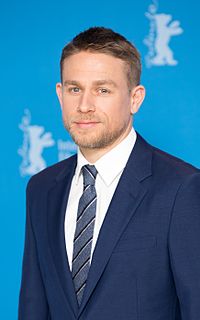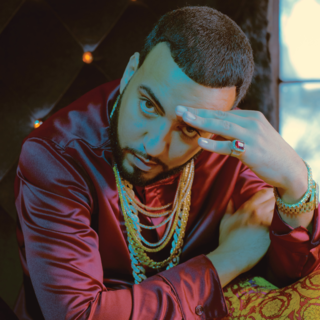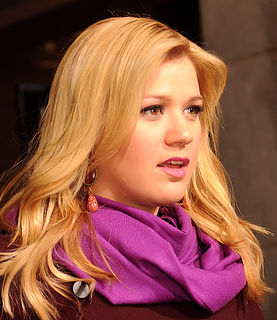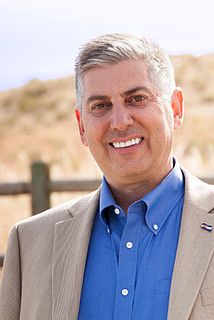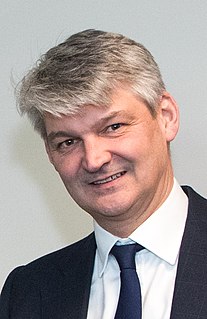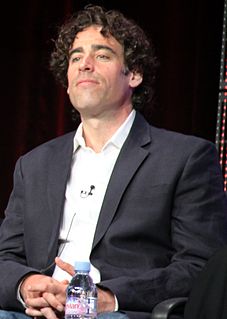A Quote by Charlie Hunnam
If I'd seen a grown man beating a crippled boy, of course I'd intervene. If my father died and left my mother destitute, it's your instinct to take care of her. So when I started to think about it in those terms, it started to make sense to me.
Related Quotes
Her mother died at the age of 29, essentially turning her face to the wall and deciding to die. And so we can only imagine the agony she felt. And Eleanor Roosevelt really wanted to make her mother happier, and - and to make her live, you know, make her want to live. And there's something about, you know, when your mother dies, this sense of abandonment. I think Eleanor Roosevelt had a lifelong fear of abandonment and sense of abandonment after her parents' death.
My father died at 42, of a heart attack. My mother was 32 then. She never wanted to be a victim. And that really resonated as a nine-year-old child. And one of the most revealing things was, very soon after my father died - he was in real estate and he owned some modest buildings - they came to my mother, the men that worked for him, and they said, "You don't have to worry. We will run the business and we will take care of you." And my mother said, "No, you won't. You will teach me how to run the business and I will take care of it and my children."
For years following the death of my mother, I wanted to write about her. I started writing what I thought of as personal essays about growing up as her child, but I never could finish any of them. I think I was too close to that loss, and too eager to try and resolve things, to make her death make sense.
My father had been a forester and I had grown up on those hills. I had seen forests and streams disappear. I jumped into Chipko movement and started to work with the peasant women. I learned from them about what forests mean for a rural woman in India in terms of firewood and fodder and medicinal plants and rich knowledge.
I lived in New York until I was eleven years old, when my mother left my two older sisters and my father. My mother is 90 percent blind and deaf. She left and moved all the way to California. So I left my two older sisters and my father behind at the age of eleven and moved cross-country to take care of her.
I basically started performing for my mother, going, 'Love me!' What drives you to perform is the need for that primal connection. When I was little, my mother was funny with me, and I started to be charming and funny for her, and I learned that by being entertaining, you make a connection with another person.
I basically started performing for my mother, going, 'Love me!' What drives you to perform is the need for that primal connection.
When I was little, my mother was funny with me, and I started to be charming and funny for her, and I learned that by being entertaining, you make a connection with another person.
